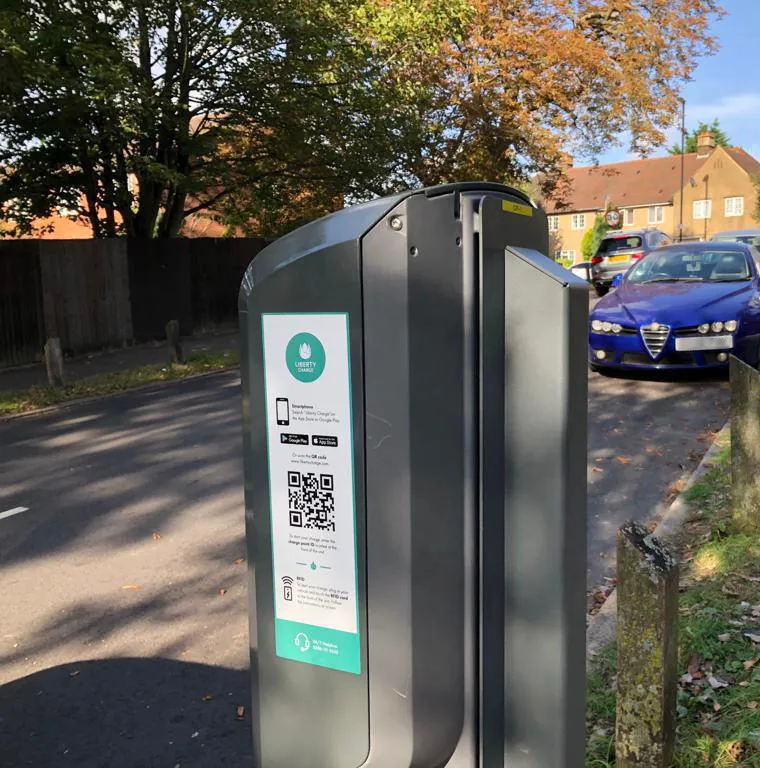Energy storage and clean fuel company ITM Power has launched its first public access hydrogen refuelling station at the Advanced Manufacturing Park, just off the M1, Junction 33 in South Yorkshire, funded by InnovateUK.
The site, which as a public access refuelling station is the first of its kind in the UK, consists of a 225kW wind turbine coupled directly to an electrolyser, 220kg of hydrogen storage, a hydrogen dispensing unit and a 30kW fuel cell system capable of providing backup power generation fo
September 22, 2015
Read time: 2 mins
Energy storage and clean fuel company ITM Power has launched its first public access hydrogen refuelling station at the Advanced Manufacturing Park, just off the M1, Junction 33 in South Yorkshire, funded by InnovateUK.
The site, which as a public access refuelling station is the first of its kind in the UK, consists of a 225kW wind turbine coupled directly to an electrolyser, 220kg of hydrogen storage, a hydrogen dispensing unit and a 30kW fuel cell system capable of providing backup power generation for nearby buildings. The facility has been upgraded as a showcase for ITM Power’s world-class hydrogen generation equipment and is used to provide retail hydrogen fuel services. The M1 motorway was highlighted as a key route for the early deployment of hydrogen refuelling in the UK in the published UK H2Mobility Phase 1 Report.
The station, which has been supported by Innovate UK, currently offers hydrogen gas at 350bar which was a specification of the Island Hydrogen (formally known as Eco Island) project. The station will be upgraded early in 2016 to provide hydrogen at 700bar as a result of funding from the Office for Low Emission Vehicles (OLEV), this will provide the fuel cell vehicles with a longer range of between 350 – 400 miles and extend the reach of clean emission transportation in South Yorkshire to hydrogen refuelling stations elsewhere in the UK, including London.
The launch was supported by1684 Hyundai, 1686 Toyota, and 1683 Honda which supplied their fuel cell electric vehicles (FCEV) for delegates to test the cars. Hyundai and Toyota also presented at the launch event and participated in an engaging Q&A session with questions coming from government, press and commercial companies interested in adopting the technology.
The site, which as a public access refuelling station is the first of its kind in the UK, consists of a 225kW wind turbine coupled directly to an electrolyser, 220kg of hydrogen storage, a hydrogen dispensing unit and a 30kW fuel cell system capable of providing backup power generation for nearby buildings. The facility has been upgraded as a showcase for ITM Power’s world-class hydrogen generation equipment and is used to provide retail hydrogen fuel services. The M1 motorway was highlighted as a key route for the early deployment of hydrogen refuelling in the UK in the published UK H2Mobility Phase 1 Report.
The station, which has been supported by Innovate UK, currently offers hydrogen gas at 350bar which was a specification of the Island Hydrogen (formally known as Eco Island) project. The station will be upgraded early in 2016 to provide hydrogen at 700bar as a result of funding from the Office for Low Emission Vehicles (OLEV), this will provide the fuel cell vehicles with a longer range of between 350 – 400 miles and extend the reach of clean emission transportation in South Yorkshire to hydrogen refuelling stations elsewhere in the UK, including London.
The launch was supported by








